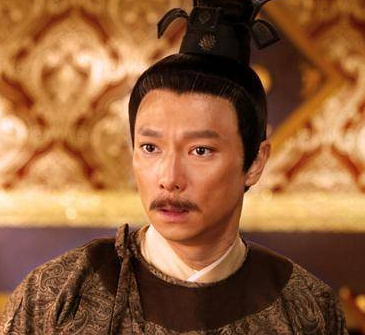In the long river of history, many once-glorious monarchs are often portrayed as foolish and incompetent in their later years, leading to the decline of the country. This phenomenon has provoked countless historians to reflect and discuss. This article aims to explore the reasons why many emperors fall into folly in their later years and the deeper meanings behind this phenomenon by analyzing historical materials.

I. Power Corruption and Human Weaknesses
Long-term possession of absolute power often changes a person's psychological state and behavior pattern. For emperors, as their time in power increases, they may gradually lose their initial caution and humility, becoming autocratic. This corrosive effect of power, coupled with arrogance and greed in human nature, may lead to a series of irrational decisions made by emperors in their later years.
II. The Consumption of Court Politics
Power struggles within the palace are ruthless. As the years go by, the emperor's energy and judgment may decline, making them more susceptible to manipulation and influence from those around them. The involvement of eunuchs, relatives of the emperor's wife, and other forces often isolates the emperor from the real situation outside, leading to decision-making errors.
III. Anxiety Over Lack of Successors
A problem that emperors may face in their later years is the selection and training of successors. Worries about their achievements not being inherited or doubts about the abilities of their heirs may lead to the emperor adopting overly strict or permissive attitudes in their later years, affecting the stability of the country.
IV. Changes in Health and Psychology
As they age, the emperor's health may gradually deteriorate. The dual impact of physical illness and mental stress can significantly reduce their decision-making ability. Psychological loneliness and unease may also make the emperor more paranoid and suspicious.
V. Institutional Flaws
In some feudal societies, there is a lack of effective checks and balances to constrain the emperor's power. As the emperor enters his later years, these institutional flaws become more apparent. Without suitable advisors and feedback mechanisms, the emperor's wrong decisions are difficult to correct in a timely manner.
Conclusion:
Folly in later years is not a fate that every emperor will experience, but it does exist in some chapters of history. Through a deep analysis of this phenomenon, we can not only better understand history but also learn from it, recognizing the importance of institutional supervision and self-cultivation, even for the highest rulers. History is the best textbook, reminding us that both individuals and countries need continuous self-reflection and progress to avoid repeating past mistakes.
Disclaimer: The above content is sourced from the internet and the copyright belongs to the original author. If there is any infringement of your original copyright, please inform us and we will delete the relevant content as soon as possible.
































